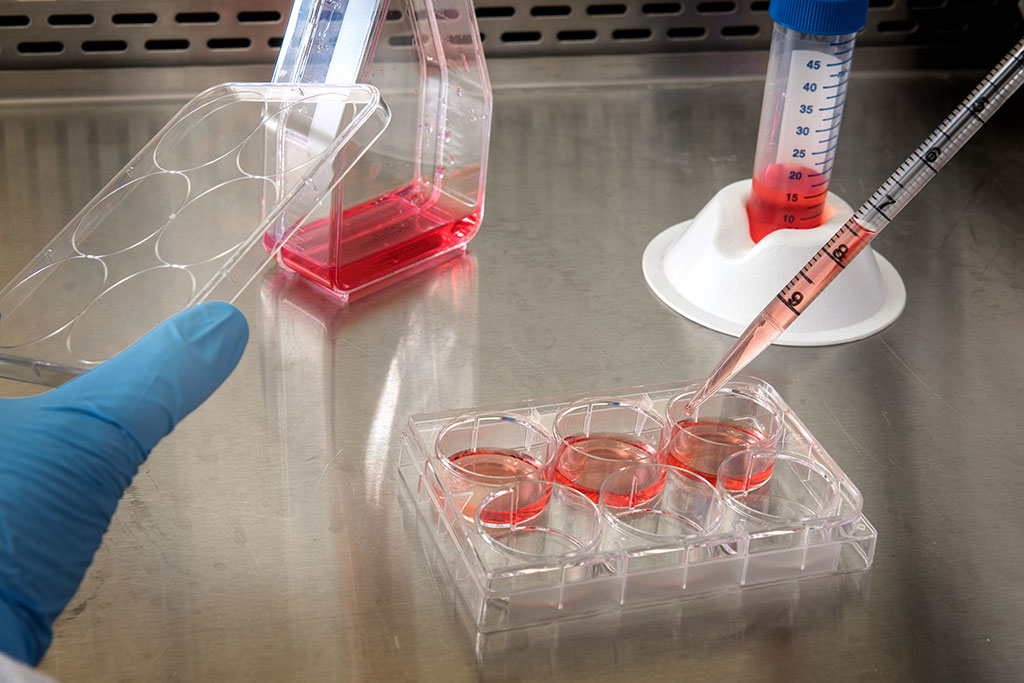Blood Test Could Detect Alzheimer's 10 Years Before Symptoms Show
Posted on 13 Jan 2023
Alzheimer disease accounts for 60 to 70% of all dementia cases. In patients with Alzheimer disease, the abnormal accumulation of the proteins beta-amyloid and tau causes degeneration of nerve cells in the brain. With time, the number of damaged brain neurons increases, affecting cognitive functions like memory and speech. While Alzheimer disease progresses slowly, biological changes in the brain start taking place 20 to 25 years before the patients start exhibiting memory loss and other cognitive symptoms. Hence, early diagnosis can enable the right treatment to be started without delay. Now, a new study on an inherited form of Alzheimer disease has shown that a protein called GFAP is a potential biomarker for very early stages of the disease and could allow for its earlier detection.
Researchers at Karolinska Institutet (Stockholm, Sweden) along with their colleagues have been investigating biomarkers in blood for initial pathological changes in a rare and inherited form of Alzheimer disease that comprises less than 1% of all cases. Those having a parent with Alzheimer disease due to a mutation have a 50% risk of developing the disease. In their study of data collected between 1994 and 2018, the researchers analyzed 164 blood plasma samples from 33 mutation carriers and 42 relatives who did not have the inherited pathogenic predisposition. The results revealed clear changes of several blood protein concentrations in those carrying the mutation.

“Our results suggest that GFAP, a presumed biomarker for activated immune cells in the brain, reflects changes in the brain due to Alzheimer disease that occur before the accumulation of tau protein and measurable neuronal damage,” said the study’s first author Charlotte Johansson, doctoral student at the Department of Neurobiology, Care Sciences and Society, Karolinska Institutet. “In the future it could be used as a non-invasive biomarker for the early activation of immune cells such as astrocytes in the central nervous system, which can be valuable to the development of new drugs and to the diagnostics of cognitive diseases.”
“The first change we observed was an increase in GFAP (glial fibrillary acidic protein) approximately ten years before the first disease symptoms,” added the study’s last author Caroline Graff, professor at the Department of Neurobiology, Care Sciences and Society, Karolinska Institutet. “This was followed by increased concentrations of P-tau181 and, later, NfL (neurofilament light protein), which we already know is directly associated with the extent of neuronal damage in the Alzheimer brain. This finding about GFAP improves the chances of early diagnosis.”
Related Links:
Karolinska Institutet














